I’ve homeschooled all four of my children from kindergarten through grade 12. If I’d had a nickel for every time someone asked about socialization, I could single-handedly fund their college—or at least my coffee habit. The phrase “homeschool socialization” follows me like a polite and persistent grocery-store interrogator.
For some reason, people assume that unless kids spend seven hours a day in fluorescent classrooms, they’ll grow up like awkward mole-children, blinking in the sunlight and tripping over their shoelaces. In reality, our life looks nothing like that stereotype—and what’s more, it’s better in a lot of ways.
The Stereotypical Homeschool Kid in Our House
Full confession: sometimes my kids do fit the clichés. Pajamas in math class? Check. The occasional mispronounced word because they saw it in print but haven’t heard it spoken? Double check.
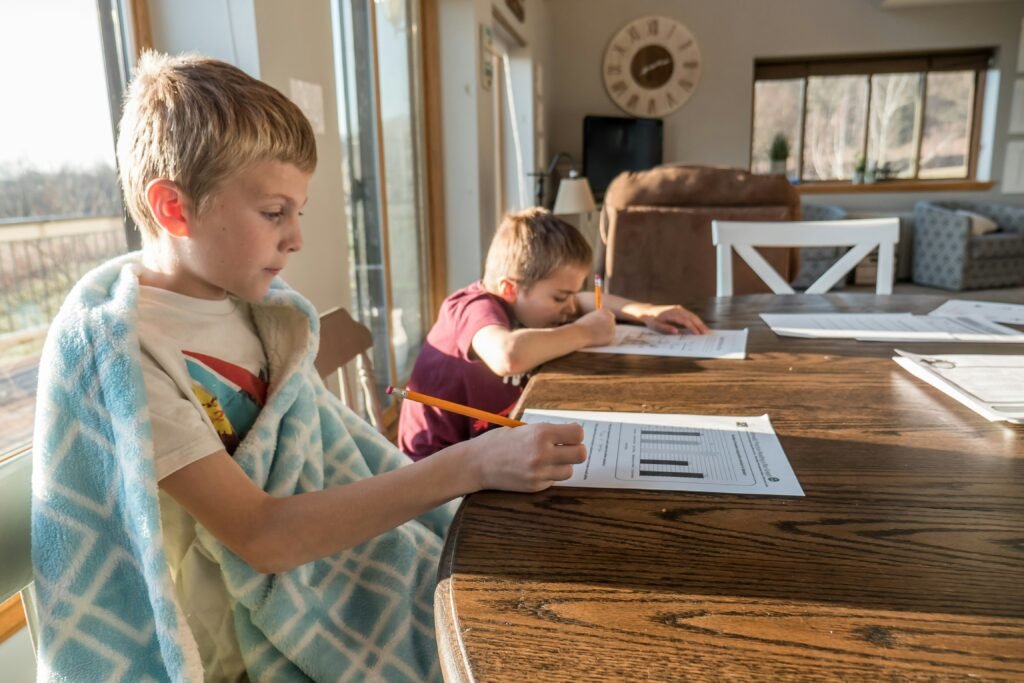
We call it the “homeschool accent.” One kid once declared their favorite subject was “field trips” and another proudly brought homemade bread to co-op while everyone else had granola bars.
And God still uses pajama-clad, bread-bearing kids for His kingdom. That’s the important bit.
The Awkward Grocery-Store Interrogations
I’ve had my kids peppered with questions about their “socialization training” by complete strangers at the grocery store. Which, if you think about it, is hilariously ironic. Because what’s more unsocialized than cornering a ten-year-old in aisle seven to ask them about their friendships while completely missing the social cue that this is not the time or place, ma’am?
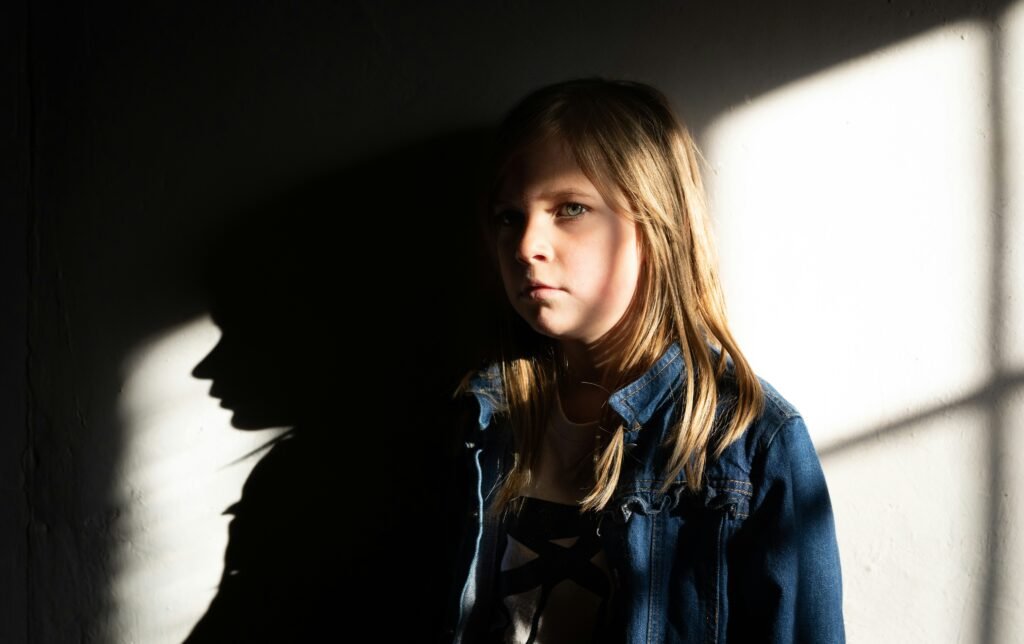
I’ve been grilled too, with all the intensity of a courtroom drama:
“But how will they learn to function in society?!”
Meanwhile, the very person asking has just cut in line, yelled at the barista, and nearly caused a traffic jam because their blinker is apparently decorative. The irony writes itself.

The truth is, most people aren’t being rude—they’re genuinely concerned. Culturally, we’ve learned that the only way kids can learn social skills is by spending seven hours a day with thirty kids their exact age. But here’s the rub: where else in life does that ever happen? Can you imagine showing up at work and your boss says “You’re only allowed to talk to other 37-year-olds”. Absurd.
What Homeschool Socialization Actually Looks Like
Merriam-Webster defines socialization as
“the process by which individuals acquire the values, habits, and attitudes of a society.”
And the Bible warns us about the company we keep:
“Do not be misled: ‘Bad company corrupts good character.’” — 1 Corinthians 15:33.
Socialization isn’t only about quantity of peers; it’s about quality and values.
In our home socialization looks like:
- Saying hello to the sweet lady at the post office.
- Serving in our church nursery with squirmy toddlers.
- Making small talk with coaches, neighbors, church leaders, even strangers in the Costco checkout line.
- Spending real time with siblings whether they want to or not.
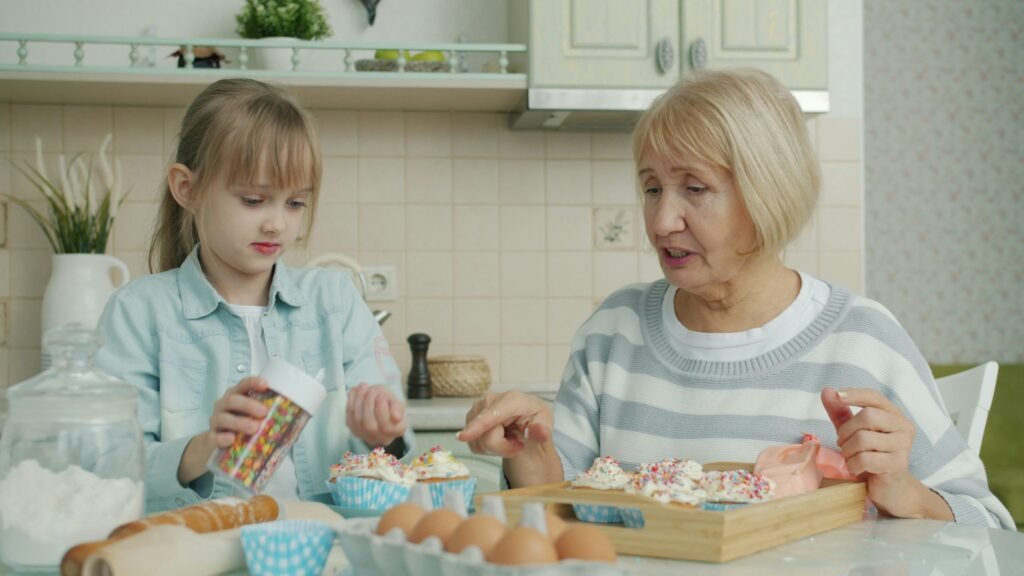
Those are social skills you can’t teach in a lunchroom power struggle—they’re learned in real relationships.
Why the “No Social Skills” Myth Doesn’t Hold Up
Homeschoolers don’t spend their days locked in a basement. I’ll admit the thought of hiding there with chocolate sometimes crosses my mind.

They’re at co-ops, youth groups, art and music classes, sports, 4-H, volunteer events—our calendar often looks like we’re running a small town.
Nine times out of ten, people question my kids and me about socialization while we’re literally out doing something social. At the park, the library, the grocery store, at community events. The irony is delicious.
And honestly? If the goal of socialization is learning to function in society, then I’d say homeschoolers are getting the better deal. They’re learning how to relate across ages, respect authority, handle real-world conversations, and live their lives grounded in family and faith.
So, if socialization means learning to function in society, then I’d argue homeschoolers get the better practice. For example, they talk to adults comfortably, they also learn cross-generational respect, in addition, they handle real conversations, and most importantly, they live their values.
“As iron sharpens iron, so one person sharpens another.” — Proverbs 27:17.
That sharpening happens across ages and contexts, not just in same-aged cohorts.
Why People Get the Wrong Idea
Most misconceptions come from imagining homeschool life as sheltered and isolated. But sheltered doesn’t equal unprepared. Guarding a child’s influences is different than keeping them from the world.
“They are not of the world.” — John 17:16
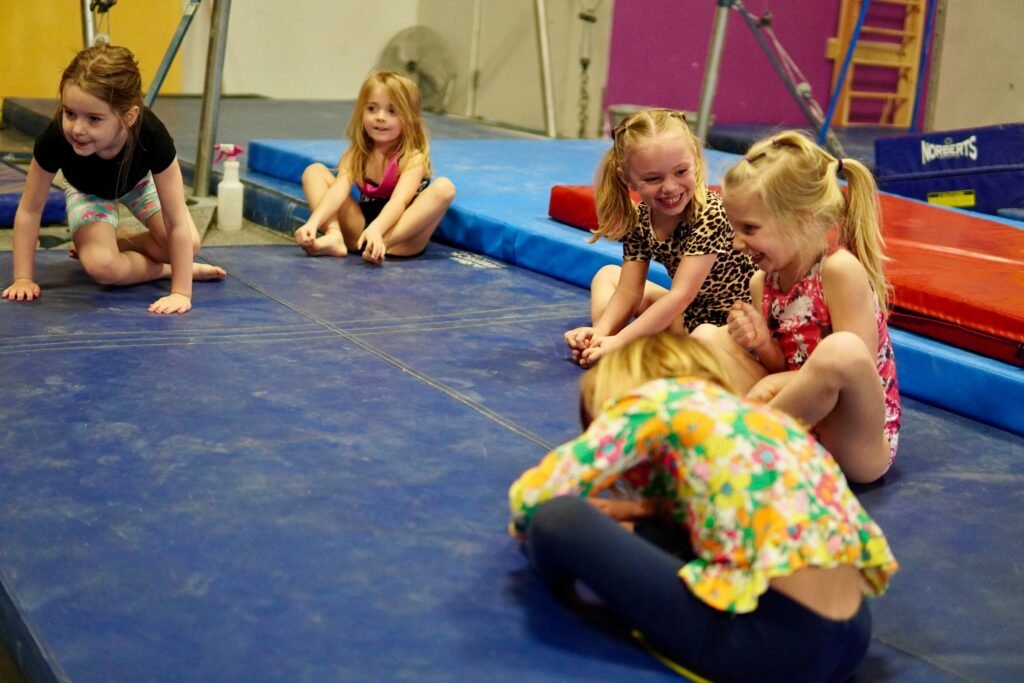
We shepherd hearts so kids can step out confident and kind.
Limited exposure to age groups? We’re constantly interacting with neighbors, grandparents, toddlers at church, and real adults. The “they need same-age peers” myth forgets that adulthood expects cross-age relationships. The “sheltered” stereotype misses the reality of co-ops, mission projects, and everyday public life.
A Final Thought
The question isn’t really whether homeschoolers lack socialization. It’s whether the current school system is doing the job it claims to do. Because here’s what I see: homeschooled kids aren’t cut off from the world. They’re right in the middle of it—learning, growing, and building relationships that often run deeper than cafeteria chatter.
So yes, my kids have friends. They fail, apologize, grow, and learn to love people well.
No, they don’t practice conversation with the cows in the barn (well… not exclusively). And if socialization really just means learning to live in community, then I’d say homeschoolers are doing exactly that—sometimes in pajamas, sometimes with homemade bread, but always with a heap of grace.
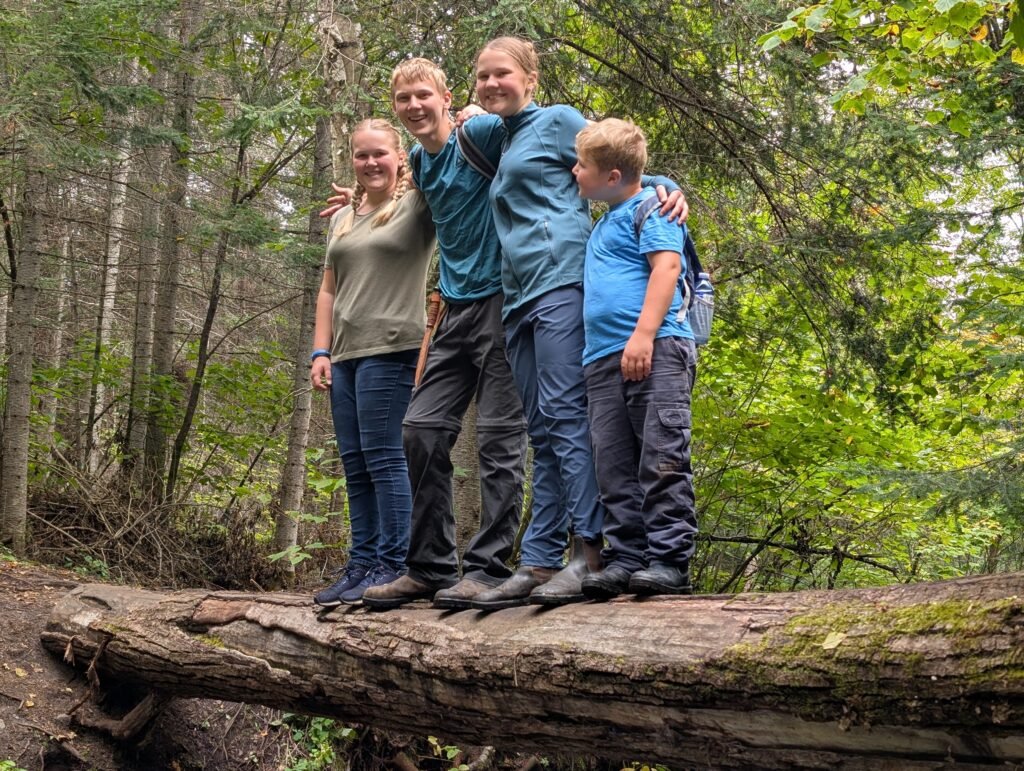
Keep tending to what matters most, my friend.
And if this resonates with you, subscribe for more about homeschool and the life we live.
Commonly asked questions regarding homeschool socialization:
A: Yes — homeschoolers gain socialization through family, co-ops, church, sports, and community activities; the quality of relationships matters more than same-age quantity.
A: Through co-ops, extracurriculars, volunteer work, church groups, community classes, and neighborhood connections.
A: Real-life socialization includes conversations with neighbors, serving in church nursery, co-op classes, sports teams, and family mission projects.
A: Many homeschool kids are well-prepared—especially in communicating across ages, responsibility, and community engagement.
A: Share specific examples: co-op days, volunteer hours, and cross-generational interactions. Invite curious folks to a community event to observe.
For a lighthearted laugh check out this article on The Case of the Vanishing Scissors